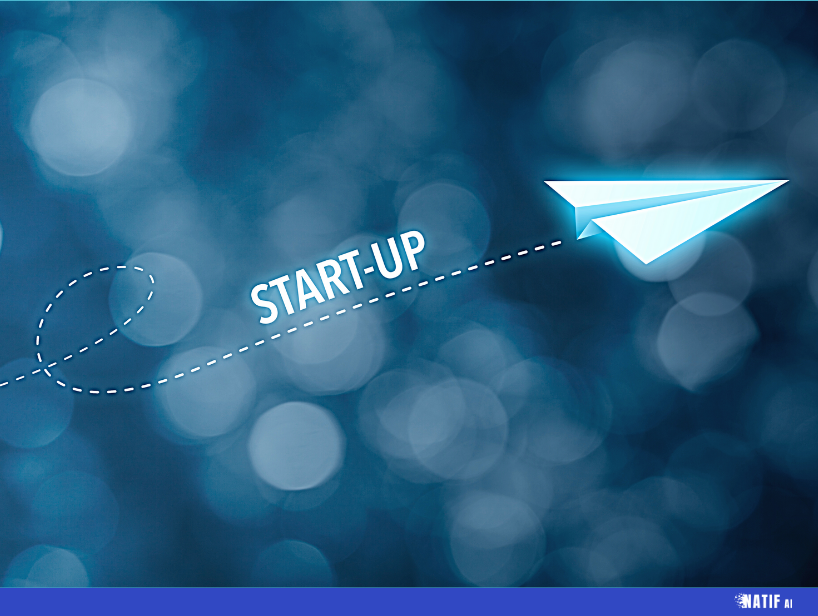Working with start-ups is viewed with some reservations, especially by large companies. These doubts are intensified when it comes to mission-critical technology.
The reasons behind the decision against start-ups are mostly that they have a higher risk of failure or could be bought by a competitor.
Often, however, these initial doubts lack any reason at all. An analysis of the start-up’s customers as well as the investor structure give a first feeling about the stability. The fear that a direct competitor will buy the start-up is often a misconception.
Companies are not founded for a quick sale, but to take an often controversial idea and completely transform it in an established market. Successful founders have always pursued convictions and long-term goals to make a significant difference. If a sale does occur, contracts, performance commitments and the SLA apply in this case as well. Even with established medium-sized companies and Dax corporations, takeovers are not out of the question. You will only be able to exclude this risk in a collaboration if you become the buyer yourself. In addition, there are also various contractual measures to significantly reduce the supposed risk. However, cooperation with start-ups also harbours a variety of advantages and new opportunities.
Our 5 most important reasons
1. Innovation
Start-ups are known for developing innovative solutions and products that change the market and often create significant competitive advantages. Working with a start-up can help an organisation to leverage new technologies, processes and business models to significantly differentiate itself from competitors.
2. Flexibility
Start-ups are often very flexible and work in an agile way, which means that they can react quickly to changes and make adjustments accordingly. This can be an advantage for larger organisations that find themselves in a rapidly changing market.
3. Cost Efficiency
Start-ups often operate on a lower cost basis than larger organisations. This allows them to offer solutions or products at lower prices. Working with a start-up can help an organisation reduce its costs and thus increase its profits.
4. Talent
Start-ups are often home to highly qualified and motivated talent looking for new challenges. Partnering with a start-up can help an organisation leverage this potential to optimise its own workforce.
5. Customer Feedback
Start-ups typically work closely with their customers to understand and meet their needs. Larger organisations can also better understand how to better understand and serve their own customers in the future through the intensive customer relationship.
How we work with our customers at natif.ai
At natif.ai, we are proud to be a young company and to give our customers like Deloitte or Eurodata access to an innovative and disruptive technology.
In addition, we place particular emphasis on data protection and data security. Large companies have already chosen us several times because they trust us and our technology for mission-critical processes. Our carefully drafted contracts and SLAs ensure the long-term partnership.

